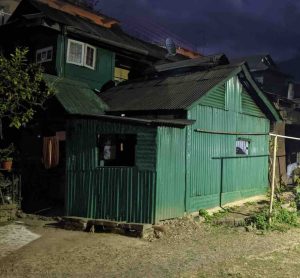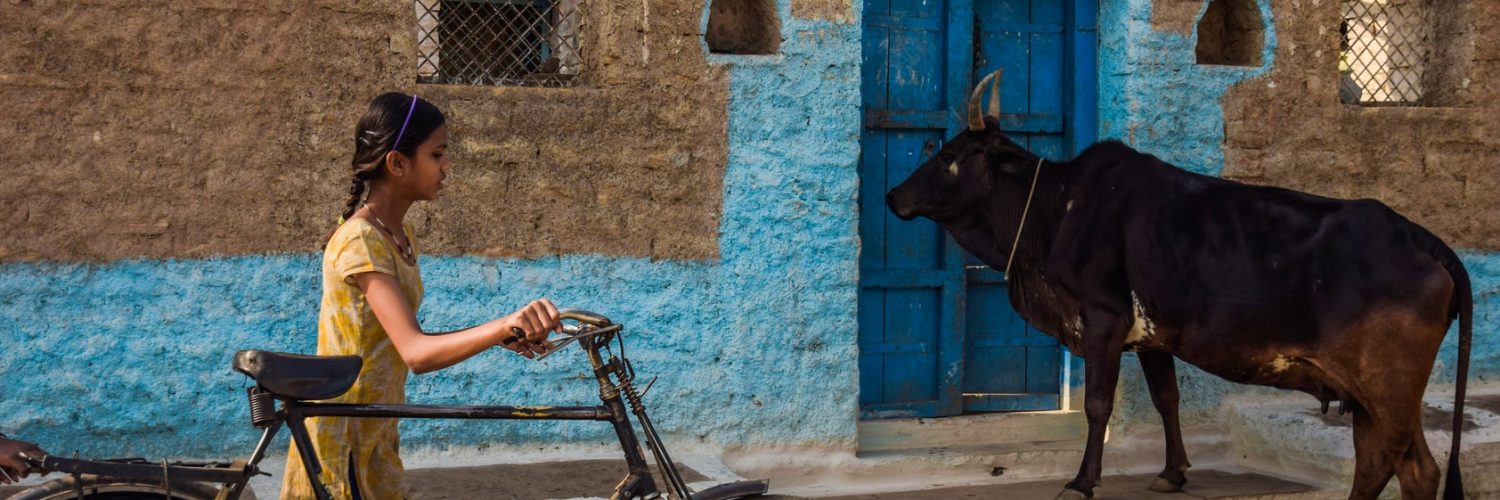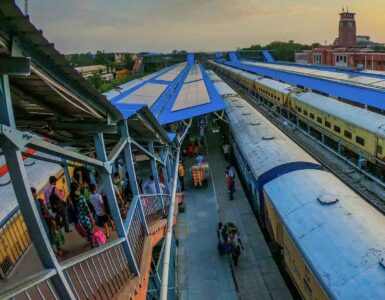NITI Aayog convened a National Workshop on ‘Mainstreaming Climate Adaptation into Local Development Planning,’ bringing together policymakers, climate experts, civil society organizations, and development practitioners to explore strategies for integrating climate resilience into Panchayat Development Plans.
The Panchayat system in India is a decentralized form of governance that operates at the village level and is designed to promote local self-governance, empower rural communities, and enhance democratic participation. Panchayats address the needs of local communities and manage public utilities like water, roads, schools, and healthcare facilities.
The workshop emphasized the need to equip Gram Panchayats (at the village level) with tools, knowledge, and resources to address climate challenges.
Climate adaptation must be woven into all aspects of sectoral planning at the Panchayat level, rather than being treated as a standalone effort. It was underscored that climate modelling must be coupled with community-level knowledge to develop locally relevant adaptation strategies.
NITI Aayog is the public policy think tank of the Indian Government, and the nodal agency tasked with catalyzing economic development. This workshop put a major focus on institutionalizing climate resilience within Panchayati Raj Institutions (PRIs) and embedding climate-responsive planning into local development frameworks.
 Discussions highlighted the growing frequency of extreme weather events and their impacts on rural livelihoods, agriculture, and water security, reinforcing the need for disaggregated Gram Panchayat-level data for precise planning and informed decision-making.
Discussions highlighted the growing frequency of extreme weather events and their impacts on rural livelihoods, agriculture, and water security, reinforcing the need for disaggregated Gram Panchayat-level data for precise planning and informed decision-making.
The workshop emphasized the need to encourage Panchayats to integrate climate-smart approaches into their development planning by strengthening their capacity. Various tools and frameworks were presented to build Panchayat capacity for long-term adaptive planning. Participants called for leveraging existing schemes and programmes to enhance climate resilience at the grassroots level.
Showcasing best practices from different states and Panchayats, the discussions highlighted the value of peer learning and knowledge-sharing in scaling up climate action. The shift from climate adaptation to proactive local climate action was a key takeaway, emphasizing the role of Panchayats in climate risk-informed development and disaster preparedness.
The workshop concluded with a call for multi-stakeholder collaboration to foster climate-resilient rural livelihoods. Strengthening institutional capacity and encouraging innovation in Panchayat-led climate action were identified as key enablers.
Integrating climate adaptation into local governance can help India foster a more sustainable and resilient rural development model.






Add comment